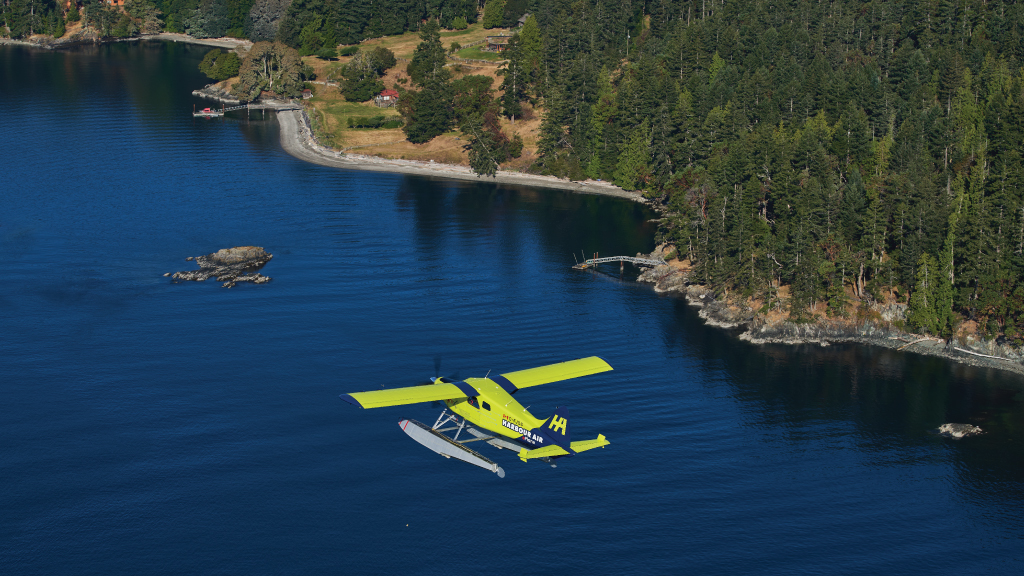B.C.-based aviation company Harbour Air says it’s hit another major milestone in its all-electric seaplane project.

The company’s prototype aircraft completed its first point-to-point test flight Thursday morning, travelling 72 km from Richmond to Sidney on Vancouver Island in 24 minutes.
The prototype, the world’s first fully-electric commercial aircraft, made its maiden test flight in 2019, and has been undergoing regular short tests flights from its Richmond base since then.
“I am excited to report that this historic flight on the ePlane went exactly as planned” Harbour Air vice-president of flight operations and test pilot Kory Paul said in a media release.
“Our team as well as the team at magniX and Transport Canada are always closely monitoring the aircraft’s performance and today’s flight further proved the safety and reliability of what we have built.”

The aircraft is a De Havilland Beaver which has been retrofitted with an 750-horseppower electric motor created by Washington state-based magniX.

Get breaking National news
The plane that flew Thursday is intended as a proof of concept for the technology.
In December, 2021, Harbour Air announced construction had begun on a second prototype which it intends to use as its “certification validation” aircraft as it works through regulatory approval with Transport Canada.
Certification work by Transport Canada and the U.S. Federal Aviation Authority on the electric engine and battery systems is ongoing, with hopes for approval in “one to two years,” the company says on its website.
The company says because it primarily uses smaller aircraft on shorter flights, it is uniquely suited for electric power, and hopes to eventually convert its entire fleet.









Comments
Want to discuss? Please read our Commenting Policy first.